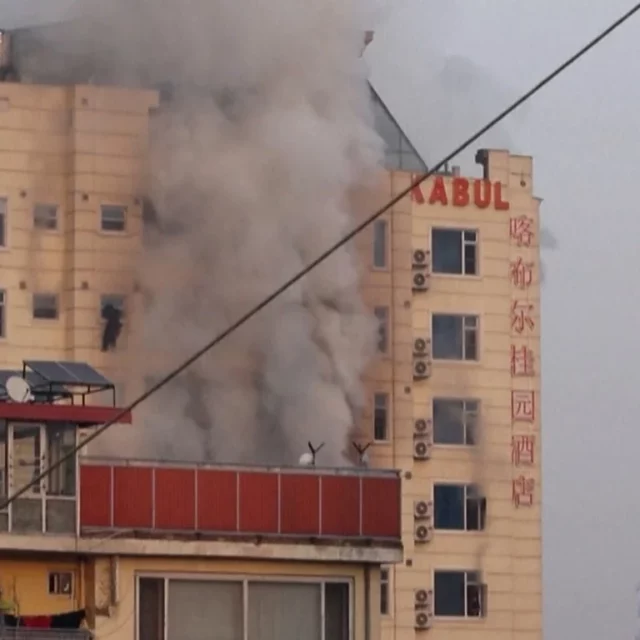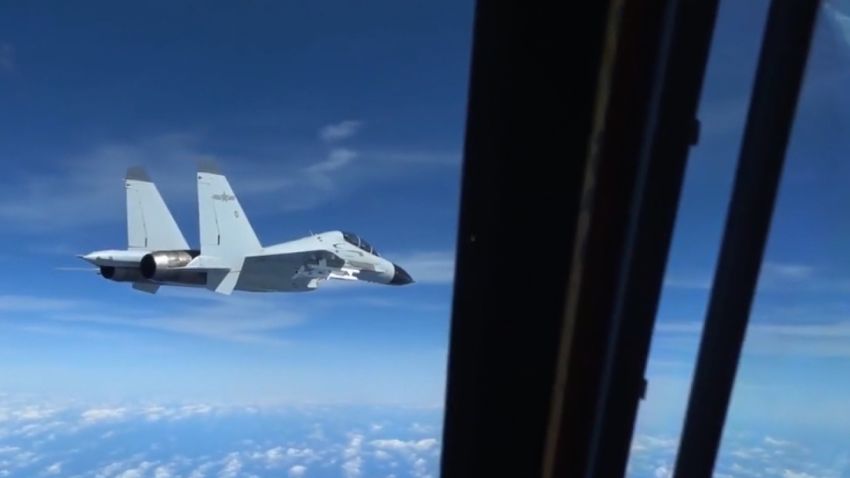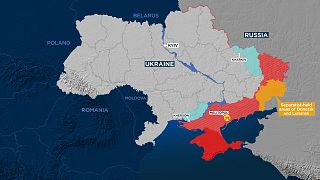By Anders Fogh Rasmussen, Anne-Marie Slaughter, David Petraeus, Lee Hsi-min, Graham Allison, Rose Gottemoeller, Elisabeth Braw, Craig Singleton, Chris Krebs, Tai Ming Cheung, Maria Shagina, Mauro Gilli, and Vance Serchuk

Predictions about the future of war follow narratives and intellectual fashions. At the beginning of the millennium, the emergence of high-tech drones—the U.S. military’s all-seeing eyes in Afghanistan—fueled futuristic visions of battles contested by robots and computers. By the mid-2010s, the success of Russian information operations, election interference, and weaponized corruption in Europe and the United States had given rise to the idea that even a major country could be controlled without the use of force. Others thought that mutual dependence on trade and commerce in a globalized age would render a major war unlikely—or keep it locally contained.
The outbreak of the largest and most brutal European war since 1945 has once again reminded us not to project our wishful thinking or extrapolate from the past. So much of what pundits, politicians, and journalists predicted in the early hours of Russia’s three-pronged attack on Ukraine was wrong: that Russia’s military machine would be overwhelming, that Ukraine would quickly collapse, and that the West’s response would be weak. Those were just the first surprises. Who’d have thought trenches and artillery would feature so prominently in a 21st-century war?
Drawing the right lessons from the first 10 months of the Russian invasion, then, not only matters for the survival of Ukraine. It is also vital for deterring and preventing a future conflict—and, if necessary, fighting one. The most obvious potential hot spot and one that involves even greater stakes is, of course, Taiwan. Yet for every parallel between Russia’s designs on Ukraine and China’s on Taiwan, there is a difference. Taiwan is a small island, whereas Ukraine is the second-largest country on the European landmass. China is a large and technologically sophisticated adversary, whereas most of us have been stunned to see how technologically, organizationally, and tactically unsophisticated the Russian military really is. Some of the lessons emerging from Ukraine will therefore be only marginally relevant. Others should be quite useful.















